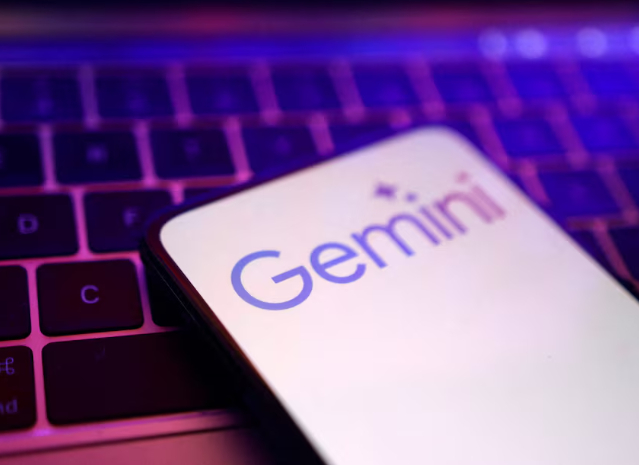
On April 23, US time, a "trial of the century" in the technology industry was staged in the federal court in Washington, DC. At the key hearing of Google's antitrust lawsuit, the testimony of Nick Turley, product director of OpenAI, caused an uproar: if the Department of Justice successfully forces Google to divest the Chrome browser, OpenAI will acquire this Internet portal product with a global market share of more than 60%. This statement not only reveals the new competitive situation in the field of AI, but also reflects the undercurrent of technology giants in the control of traffic and data.
Since 2024, the US Department of Justice has launched a comprehensive antitrust investigation into Google, accusing it of maintaining its search engine monopoly through exclusive agreements, high subsidies and other means. Judge Amit Mehta has ruled that Google constitutes a monopoly and asked it to rectify. The core dispute of this trial is whether Google should be forced to split its core business-especially the Chrome browser and digital advertising system. The Department of Justice believes that Chrome, as a key hub of Google's ecosystem, not only consolidates the search monopoly, but also becomes a data "moat" in the AI era. If the split is realized, Google will face the most drastic structural change since its establishment.
Terry's testimony reveals OpenAI's deep strategy. As the helmsman of ChatGPT, he admitted that the company had tried to access Google's search engine technology, but was rejected. In July 2024, OpenAI asked Google for cooperation, hoping to use its API to enhance ChatGPT's real-time information processing capabilities, but Google refused on the grounds that it "involved too many potential competitors." This setback made OpenAI realize that only by controlling the infrastructure can it break through the technical bottleneck. The acquisition of Chrome can not only obtain massive user data and traffic entrances, but also integrate AI models and browser ecology to form a full-stack competitive advantage of "AI+search+browser".
Behind the Google monopoly case is the competition for traffic and data control by technology giants in the era of generative AI. The Department of Justice argues that Google's monopoly position gives its AI products (such as Gemini) an unfair advantage, while OpenAI, Microsoft and other companies hope to break down data barriers and promote fair competition in technology. It is worth noting that in recent years, the European Union has issued billions of euros in fines to Google AdSense, Android system and other products. Although some cases have been overturned, regulators are increasingly vigilant against technology monopolies. If OpenAI successfully acquires Chrome, it will reshape the global browser market and may trigger a new round of regulatory review.
Although the prospect of acquiring Chrome is attractive, OpenAI still faces multiple challenges. Terry admitted in court that ChatGPT is still several years away from "autonomously processing 80% of user queries", which means that even if browser data is obtained, long-term technical investment is still required. In addition, there is uncertainty as to whether regulators will approve this merger - after all, combining the AI leader with the browser overlord may trigger stronger antitrust concerns. The deeper concern is that OpenAI lacks browser operation experience and may face user loss and technical adaptation problems during the integration process.
This trial is not only about the fate of Google, but will also reshape the global technology competition landscape. If OpenAI successfully enters the game, the era of AI native browsers may accelerate, and the game between technology giants in data, traffic and infrastructure will also bring unprecedented changes and challenges to the industry.

Since 2022, the Fed has cumulatively reduced its balance sheet by $2.4 trillion through quantitative tightening (QT) policies, leading to a near depletion of liquidity in the financial system.
Since 2022, the Fed has cumulatively reduced its balance sh…
On December 11 local time, the White House once again spoke…
Fiji recently launched its first green finance classificati…
Recently, the European Commission fined Musk's X platform (…
At the end of 2025, the situation in the Caribbean suddenly…
The U.S. AI industry in 2025 is witnessing a feverish feast…